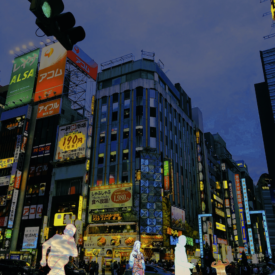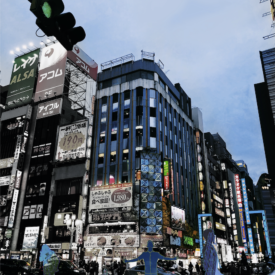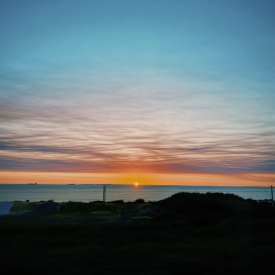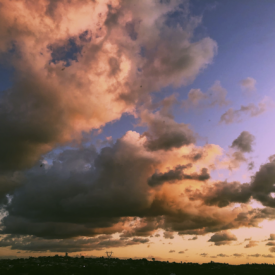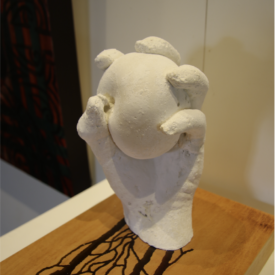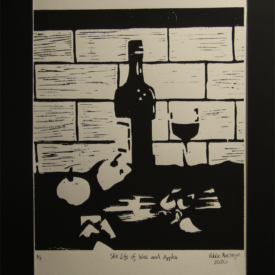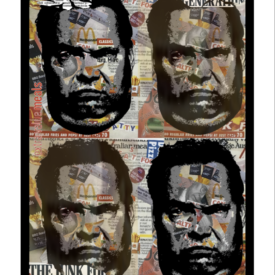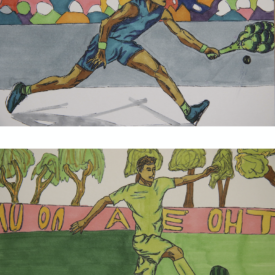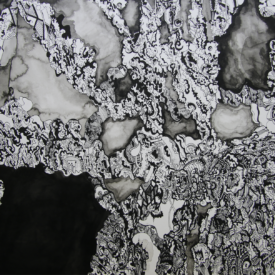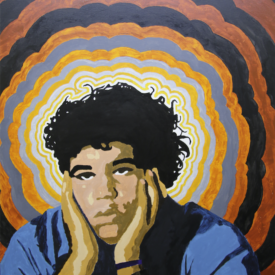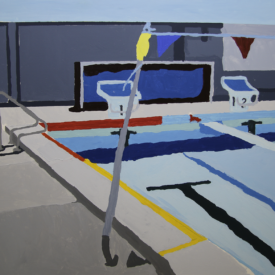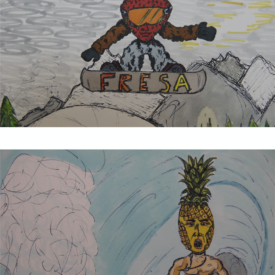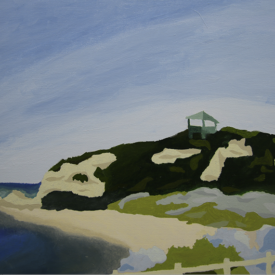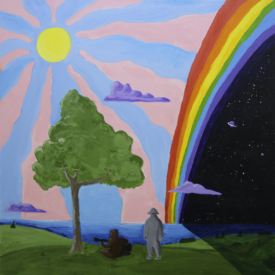=BEGIN FOOTAGE
“Charlie, Delta, Foxtrot. Report in.”
Amaya gazed down the sight of her rifle, scouring the beach for her squad mates. The onyx night sky was no help, blanketing the beach in total darkness. She looked up, squinting, before turning back to her rifle and switching on the thermal sight.
The beach turned from grey and milky black to several shades of green and blue. She sighed in relief as she spotted a small dinghy slowly approaching the shallow end of the beach, three red figures hopping out with rifles at the ready.
“Copy team leader. This is Delta reporting in. Over.” A static click emerged from the radio.
“You’re late,” Amaya chuckled bluntly, shifting her sight to the other end of the beach.
Positioned around three Humvees, were fifteen men. All armed. Amaya turned her sight back towards the team as they started wading through the shallow water, towards the target.
“Why are we out here again? I thought upstairs handles this sorta stuff,” Foxtrot grumbled as a small wave crashed into his side.
“Urgency,” Amaya responded. “Now maintain radio silence. We don’t want any….”
She trailed off as something picked up on her thermal vision up near the sand dunes beside the Humvees. It was a figure, at least two metres tall, facing the fifteen men.
“Surprises,” she finished. “Say, do you guys see that up near the dunes?”
Her squadmates answered in confusion, “See what? The sand? Yeah it’s real interesting.”
Ignoring their snark, Amaya took one last look at the figure through her thermal lens. She was unmistaken in that there was a thermal signature popping up on the sight. Moving the lens down, Amaya felt a chill slither up her spine.
No one was there. Not even something that could justify what she saw.
“Team leader, please repeat. You said you saw something near the dunes?” Charlie asked, bringing Amaya back to the current situation.
“It’s nothing. Gimme a sitrep on the dealers.” Amaya tried shrugging off her uneasy feeling, pointing her sight back to the Humvees.
“They’re still chatting up a storm. I say we -.” Before Delta could finish, gunshots burst from around the three bulky cars.
“Move in, move in!” Amaya commanded frantically as she lined up a shot with her sight, focusing on the rapid red outlines of running figures.
Sand billowed upward in an unnatural fashion, as if the sand was both floating and kicking around at the same time.
Amaya’s vision was mildly blocked by scattered clouds of blue, but through that she spotted something that unnerved her to her core.
The same three metre figure was standing amongst the cars. As if nothing was going on. Amaya was able to get a better look at him as she zoomed in on her sight.
The man had no facial features, at least none that the sight could pick up. All there was, was a gaping blue hole in the middle of his head. As a matter of fact, there were many gaping holes all over his body. Even one that had engulfed his arm, leaving no physically possible reason as to why it still operated normally.
As the sand settled, Amaya leapt up from the sniper’s nest that she had dug into the dune. There were fifteen more figures, all identical to the previous ones. She slowly walked down to the beach, turning on her radio.
“Hey guys? Something doesn’t feel right. Get back to the dinghy now.” She was met with protest. “I said now!”
“Seriously? We should at least check what they were trading. Bring it back for the tech team to take a look at,” Foxtrot bemoaned, failing to notice the calm sea behind him beginning to ripple abhorrently.
A geyser of water shot up into the air where Foxtrot once was. Charlie and Delta scrambled to the shore as Amaya captured everything through her rifle sight.
“What the hell was that?!” Amaya bellowed into her radio as she knelt down into the ground, taking aim.
There were now seventeen figures standing in a row, their heads fixated on the fleeing Charlie and Delta. Amaya fired without hesitation, hitting one of the figures right in the throat.
Nothing. It did absolutely nothing. The figure looked more curious than enraged or injured.
Amaya scrambled to her feet as she hurried to push the boat back out. A deafening boom rang as she turned to gaze towards her squadmates. Delta was clambering to her feet, thrown back by an eruption of sand and dirt. Charlie was nowhere in sight.
“Come on! Hurry!” Amaya call out as she pushed the dinghy into shallow water.
She aimed her thermal scope once more at the beach. Eighteen figures were huddled around Delta as she ran to the side of the boat. They simply watched as she gripped onto its side preparing to hop in.
Amaya threw her rifle down to the floor of the boat as she reached out to help Delta, whose feet were neither in water nor land.
Amaya was flung back as a ball of red mist exploded in front of her, sending her tumbling down into the dinghy. She looked back up, rifle in hand, to see that Delta was gone. Only a few faint clouds of red mist remained.
Amaya grabbed her rifle, lining her eye up with the scope as she gazed at the beach. Nineteen figures were calmly watching her as the dinghy drifted away from whatever rested on the dunes.
=BATTERY:DEAD
=END FOOTAGE
NOTICE!
ANY AND ALL INFORMATION SHARED IS THE PROPERTY OF THE FOUNDATION! YOU HAVE BEEN WARNED!
RESULTS OF BLIND BLACK OPS RETRIEVAL –
MISSION: SUCCESS
ANOMALY IDENTIFIED: C-153 AKA THE MELT
CASUALTIES: EIGHTEEN
COUNTERMEASURES: ISOLATE BEACH FOR FURTHER STUDY, CONTACT MILITARY FOR RESOURCES IF NECESSARY,
POTENTIAL BREACHES: ONE
COVER: BOMB TEST GONE WRONG
Thank you for your dedication ladies and gentlemen. The Foundation and the [REDACTED] are honoured to have you by our side.
– The Centrefold.
End.

